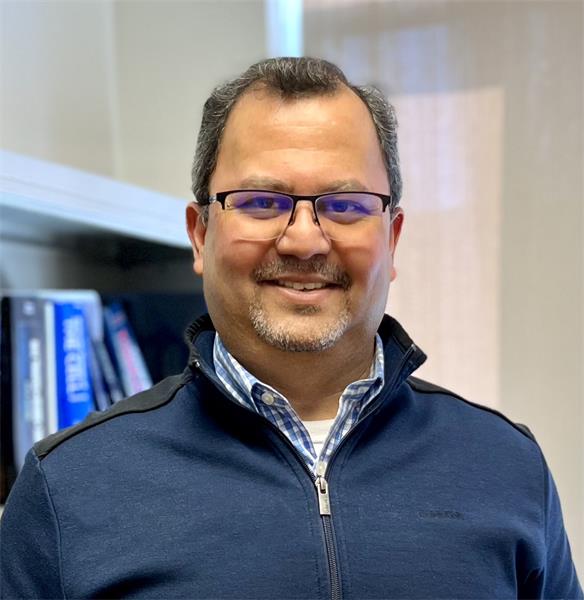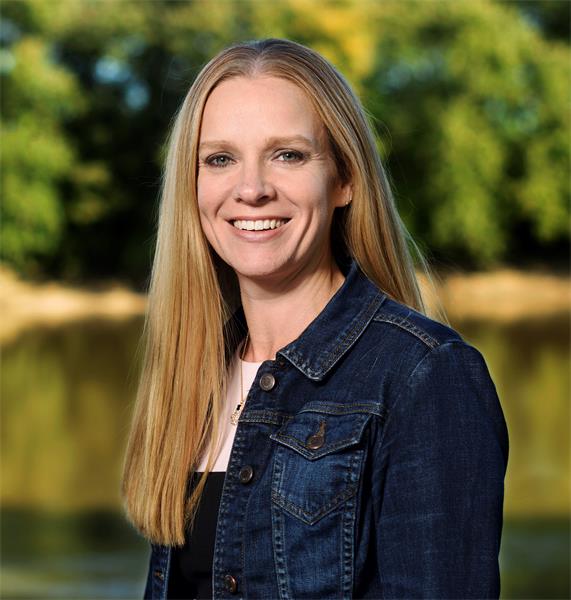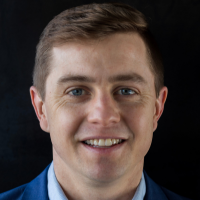SOT is pleased to announce that Udayan M. Apte, PhD, DABT, FAASLD; Jennifer L. Freeman, PhD; and AtLee Watson, PhD, DABT, have been elected to serve on the 2025–2026 Membership Committee. Each will serve a three-year term. These three members bring a wealth of experience and a deep commitment to advancing toxicological science and fostering an engaged SOT community.

Udayan M. Apte
Dr. Apte is a Professor and Director of Graduate Studies in the Department of Pharmacology, Toxicology, and Therapeutics at the University of Kansas Medical Center. He is also an Associate Director of the KU Liver Center and Director of the Cells Tissue, Bioanalysis and Biostatistics Core in the Kansas Center for Metabolic and Obesity Research. Dr. Apte’s research focuses on liver toxicology and pathology, including drug-induced liver injury (DILI), metabolic liver diseases, and environmental exposure effects. He has authored over 100 papers and several book chapters and serves as an editor and reviewer for multiple scientific journals. He is currently a permanent member of the US EPA Scientific Advisory Committee on Chemicals (SACC). Dr. Apte has been an SOT member for more than 20 years and has held numerous leadership positions, including Chair of the Continuing Education Committee and President of the SOT Central States Regional Chapter, Association of Scientists of Indian Origin Special Interest Group, and Carcinogenesis Specialty Section.
Goals for SOT
Toxicology has evolved significantly in the 21st century. Scientists from traditionally non-toxicology disciplines are increasingly participating in toxicological research. Expanding the membership to these new communities of scientists is the need of the day. It is critical to bring data scientists, AI researchers, and climate change researchers into the toxicology circle. Further, improving efforts to bring undergraduate students into toxicology via providing incentives to join the Society is important. Finally, devising strategies for retaining members who may drift out of the Society, due to different factors, to maintain the critical membership goals is of paramount importance. I will work with my colleagues on all these fronts and dedicate time to improve the membership of my beloved scientific home.

Jennifer L. Freeman
Dr. Freeman is a Professor of toxicology in the School of Health Sciences at Purdue University, with courtesy/faculty appointments in Environmental and Ecological Engineering and the Department of Public Health. She also serves as Assistant Vice President for Research Development. Dr. Freeman earned her PhD in environmental toxicology and molecular cytogenetics at the University of Illinois at Urbana-Champaign and completed a postdoctoral fellowship at Harvard Medical School and Brigham and Women’s Hospital. Her research focuses on gene-environment interactions and the epigenetic and developmental toxicity of PFAS, pesticides, and other legacy and emerging contaminants. She has authored more than 100 publications and leads research funded by the National Institutes of Health, Centers for Disease Control and Prevention, US Department of Defense, and other national and international agencies. She has been recognized with multiple awards for research and teaching and has served SOT in leadership roles across many Specialty Sections, Regional Chapters, and Committees.
Goals for SOT
I believe it is important that the Society continues to grow in a direction that supports continued expansion of membership. My past leadership within SOT has allowed me to support and promote the Society’s public mission and member engagement. With my leadership experience and scientific expertise, I will use this experience to support timely review of membership applications while aiding in the broad and global representation within the Society.

AtLee Watson
Dr. Watson is a Toxicology Study Director at Inotiv, where he oversees the design, conduct, and reporting of GLP guideline toxicity studies in rodents. Dr. Watson earned his BS in biology from the University of North Carolina at Chapel Hill, worked as a lab technician at Duke University, and later earned his PhD in toxicology from North Carolina State University. He completed a postdoctoral fellowship at the National Institute of Environmental Health Sciences. Dr. Watson currently serves as Vice President of the SOT North Carolina Regional Chapter. He has held leadership roles in the SOT Reproductive and Developmental Toxicology Specialty Section and is a member of the SOT Education and Experiential Opportunities Committee.
Goals for SOT
I believe that a growing membership is essential to achieving the priorities and objectives laid out in the SOT 2024–2027 Strategic Plan. Our members drive the cutting-edge scientific programming and educational and professional development opportunities that serve the interests of all members. I strongly support the recent changes to the SOT Bylaws related to the membership structure for Associate and Full Membership levels, and, if elected, I will support initiatives that further incentivize engagement from members across the Society. Through building an engaged membership, I believe that the Society will continue to serve as the preeminent professional society for toxicologists.
The information provided in this blog is based on the biosketch provided by Dr. Tanguay for use as part of the election ballot. This citation is being shared under the Secretary’s name as part of their official duties and should not be interpreted as their personal or professional opinions.
#Communique:SOTNews